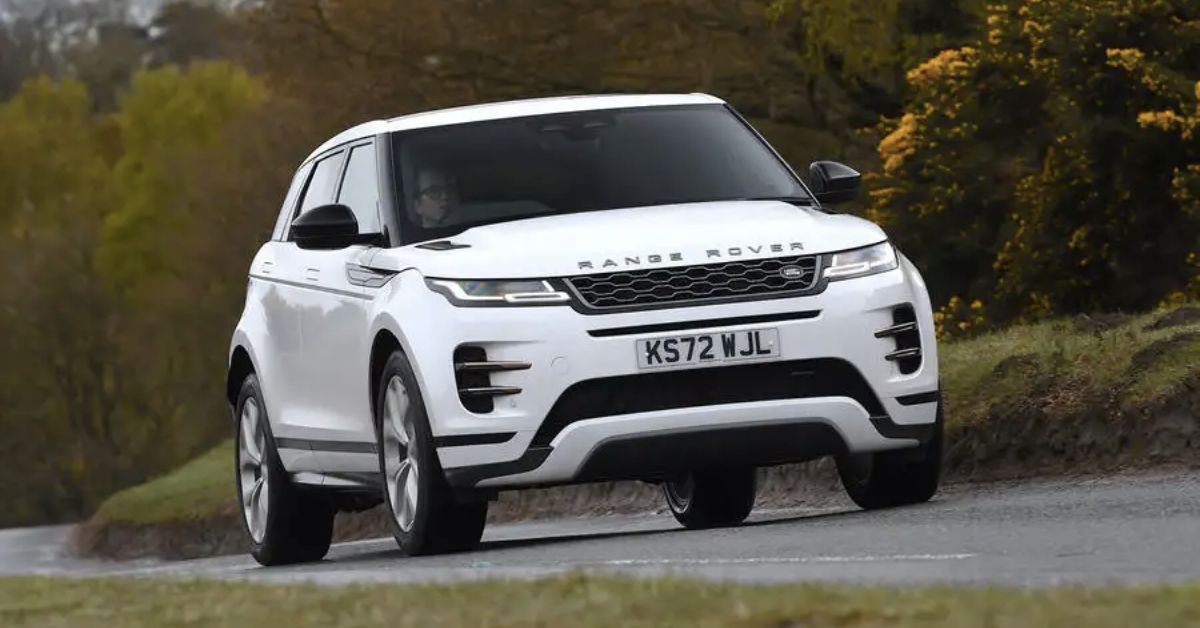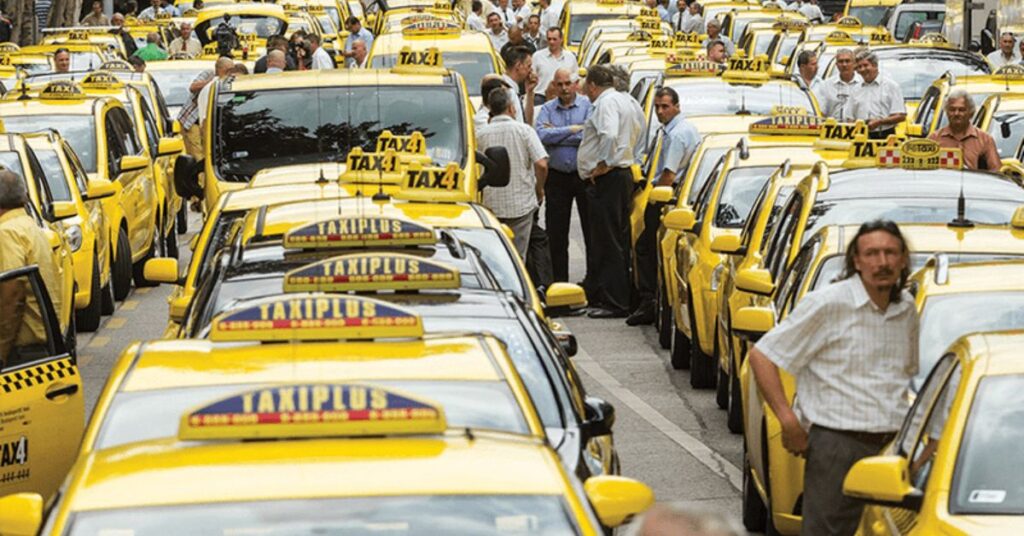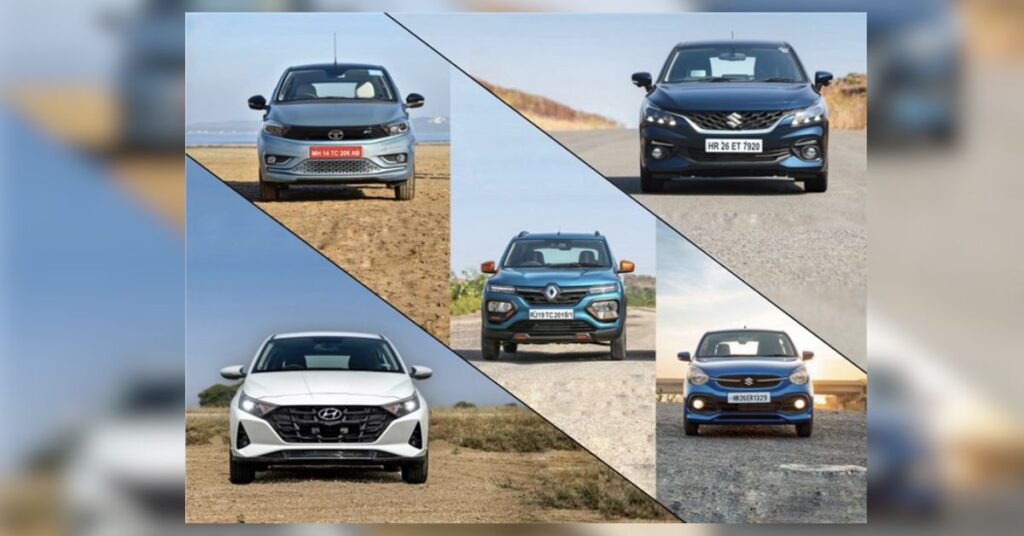Car Quest reports that Jaguar Land Rover (JLR) has turned to second-hand parts to address its repairs backlog, as the company faces difficulties in sourcing new replacement components for thousands of its customers’ vehicles.
As initially disclosed by Car Quest, a trade publication, approximately 10,000 customer cars across the UK are awaiting replacement parts, with around 5,000 of them currently off the road at JLR dealerships. This crisis, which began at JLR’s newest parts facility, Mercia Park, was brought to light by Andrew Woolliscroft, UK client director at JLR, during a dealer summit in October.
Woolliscroft acknowledged, “Mercia is a bottleneck, and we have a backlog of orders,” and further expressed that the shortage of parts had “nearly halted workshops from functioning.” He also predicted that this crisis would persist until the end of November.
One JLR customer, Bob Archell, had his Range Rover Sport P400e diagnosed with a faulty wiring harness in April. Despite persistent efforts to obtain a new replacement, the part didn’t arrive until September, by which time Archell had already rejected the car. His case is still unresolved.
In the midst of this parts shortage, an employee at a JLR dealership has claimed that the manufacturer instructed dealers to use second-hand parts to expedite repairs and mitigate the waiting list for new components. While some retailers were hesitant to adopt this approach, a senior JLR manager even suggested the use of second-hand parts if necessary, although this proposal faced skepticism within the retailer community.

Car Quest reached out to the employee for verification, but received no response. However, these claims align with an owner’s experience with her four-year-old diesel-powered Range Rover Evoque. Laura Brannock, a resident of Castle Douglas, reported that her vehicle broke down in April. After it was inspected in June, the dealer informed her that the required new replacement parts wouldn’t be available until early December.
In August, Brannock sought the assistance of Reject My Car (RMC), a consumer advocacy service, which swiftly facilitated the availability and installation of the required parts. Following the repair, Brannock had her vehicle inspected by RMC, and their engineer reported that the car had been fitted with a refurbished engine and turbochargers, had very little oil, and displayed 23 fault codes.
Ian Ferguson, the founder and managing director of RMC, highlighted that JLR has become the most complained-about brand, primarily due to its failure to address customer issues caused by the lack of parts.
JLR’s spokesperson clarified that only genuine Land Rover parts were used for Brannock’s Evoque repair, mentioning that her vehicle was out of warranty and that she was provided with alternative transportation at no cost to her.
Regarding the use of second-hand parts, JLR emphasized, “It is JLR’s top priority to resolve the temporary parts delays some of our retailers are experiencing and minimize the impact on our clients. The use of locally sourced parts by our retailers for replacement and repair is a long-established practice in exceptional circumstances, provided those parts are fit for purpose and meet JLR specifications. This is clearly stated as part of any warranty agreement.”
Read More:




